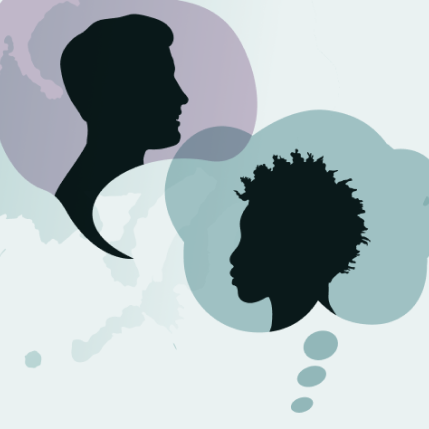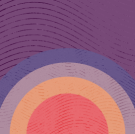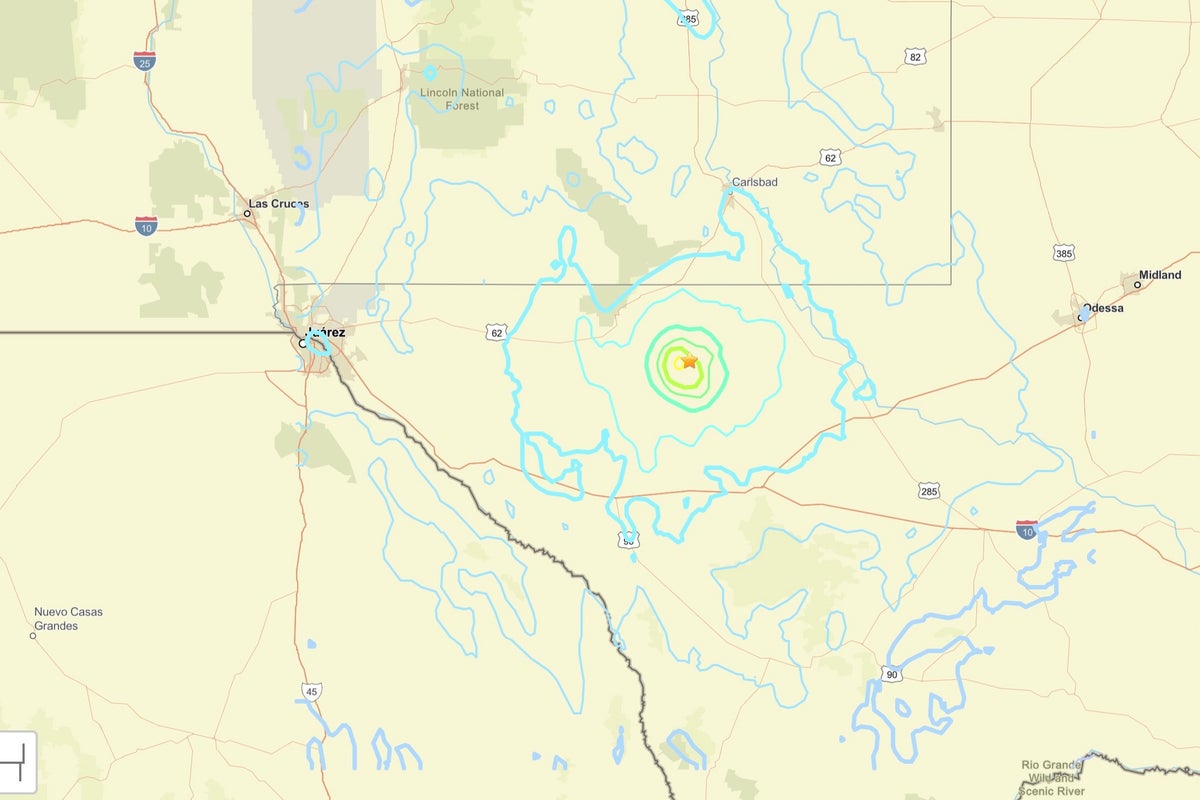Geoffrey Hinton, a British-Canadian scientist who warned that artificial intelligence (AI) could wipe out humanity, has won this year’s Nobel Prize in Physics.
Prof Hinton, 76, who is often referred to as the “godfather of AI”, shares the honour with John Hopfield, of Princeton University.
Although his work laid the foundations of machine learning – a powerful AI technology that allows computers to perform tasks that mimic human intelligence – Prof Hinton has warned that machines that could outsmart humans pose an existential threat to humanity.
Describing the call about his Nobel award as a “bolt from the blue”, Prof Hinton said: “I am in a cheap hotel in California that does not have an internet connection and does not have a very good phone connection.
“I was going to get an MRI scan today, but I think I’ll have to cancel that.”
Last year, Prof Hinton resigned from his job at Google, saying “bad actors” will use new AI technologies to harm others and that the tools he helped to create could spell the end of humanity.
He spent his entire career researching the development and uses of technologies that power AI, and in 2018 received the Turing Award for his work.
Before his departure, Prof Hinton split his time between Google’s AI research team and the University of Toronto, where he is a professor emeritus.
In an interview with the New York Times, Prof Hinton said “it is hard to see how you can prevent the bad actors from using it for bad things”.
Prof Hinton was born in London in 1947 to entomologist Howard Hinton and Margaret Clark, a teacher.
The overall consequence of this might be systems more intelligent than us that eventually take control
He is the great-great-grandson of mathematician Mary Boole and her husband, George Boole, whose work laid the foundations of modern computer science.
Prof Hinton studied experimental psychology at the University of Cambridge before obtaining his PhD in artificial intelligence from Edinburgh University, in 1978.
In 2012, he and two of his graduate students built a neural network – a computer that mimics the human brain – that could analyse photos and identify common objects, which was hailed as a significant milestone in AI development.
Throughout his career in the US, which includes stints at the University of California San Diego and Carnegie-Mellon University, Prof Hinton has refused to take funding from the American military, and moved to Canada to continue his research.
While previously optimistic about the benefits of AI, Prof Hinton gradually became worried that AI technologies will in time upend the job market.
Earlier this year, he said in an interview with BBC Newsnight that the British Government will have to establish a universal basic income to deal with the impact of AI on inequality.
Speaking on Tuesday at the press conference organised by the Royal Swedish Academy of Sciences in Sweden, Prof Hinton said AI will have a “huge influence” on humanity that could be comparable with the Industrial Revolution – a period of scientific and technological development in the 18th century.
But he also said that while this technology “is going to exceed people in intellectual ability”, he was worried about “a number of possible bad consequences, particularly the threat of these things getting out of control”.
When asked about whether he had any regrets about his pioneering work on AI, Prof Hinton said: “There are two kinds of regret – there is regret where you feel guilty because you did something you knew you should not have done, and then then there is regret where you did something that you would do again in the same circumstances.”
He said that he “would do the same again” but was “worried that the overall consequence of this might be systems more intelligent than us that eventually take control”.
Prof Hinton shares a prize fund worth 11 million Swedish kronor (£810,000) with Prof Hopfield.
Source: independent.co.uk



